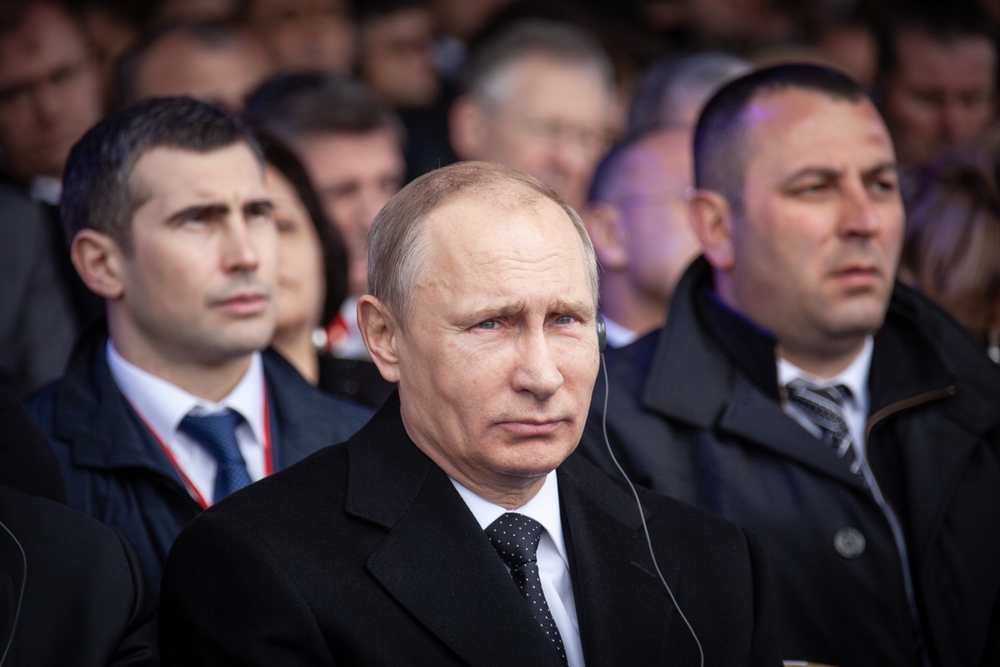Amidst a backdrop of shock and disbelief within Russia’s power circles, President Vladimir Putin’s accusations against Ukraine find a mix of public support and private skepticism.
Others are reading now
As Russia grapples with the aftermath of the devastating terror attack on Crocus City Hall in Moscow, the deadliest on its soil in twenty years, a surprising narrative unfolds within the walls of the Kremlin.
According to sources close to the Russian power hub, a significant rift is emerging between President Vladimir Putin and his closest allies over the interpretation of the tragic event.
A Shockwave Through Moscow
On March 22, armed men launched a ferocious attack on Crocus City Hall, leaving 137 people dead and the nation in turmoil.
The incident sent shockwaves through Russia, putting immense pressure on Putin to maintain his image as the country’s unassailable leader in the face of unprecedented challenges.
Also read
Inner Circle Doubts
However, revelations from The Telegraph, sourced from a Bloomberg report citing four individuals with close Kremlin ties, suggest a stark disbelief among Putin’s innermost circle regarding his public stance on the attack’s orchestrators.
Contrary to Putin’s assertions that the terrorists were en route to escape across the Ukrainian border when thwarted, his advisers and allies reportedly see no evidence linking Kiev to the atrocity.
“Almost no one within the Russian political or economic elite believes Kiev was behind the attack,” the sources shared, highlighting a rare disconnect between the Russian president and his advisers.
Putin’s Presence and Persisting Accusations
Further adding to the intrigue, one unnamed source revealed that Putin was present at discussions where officials unanimously agreed on the lack of Kiev’s involvement. Despite these private admissions, Putin and his administration continue to publicly accuse Ukraine of complicity, with Putin admitting on Monday that radical Islamists executed the attack while still implicating Ukraine.
This stance is echoed by high-ranking officials such as Nikolai Patrushev, Secretary of Russia’s Security Council, who when asked about the attack’s culprits, pointed squarely at Ukraine, aligning with Reuters reports.


